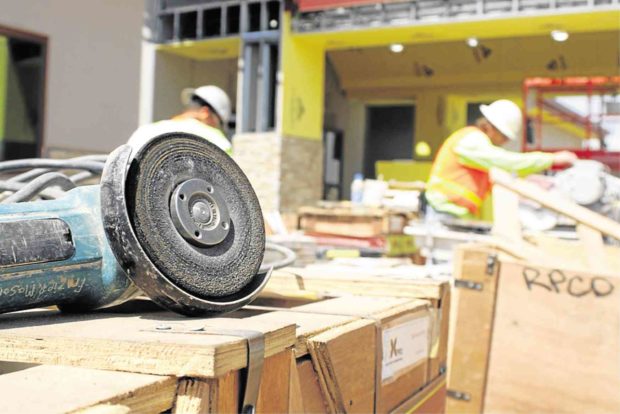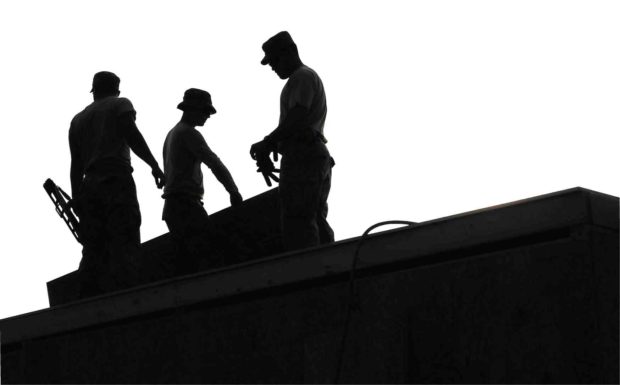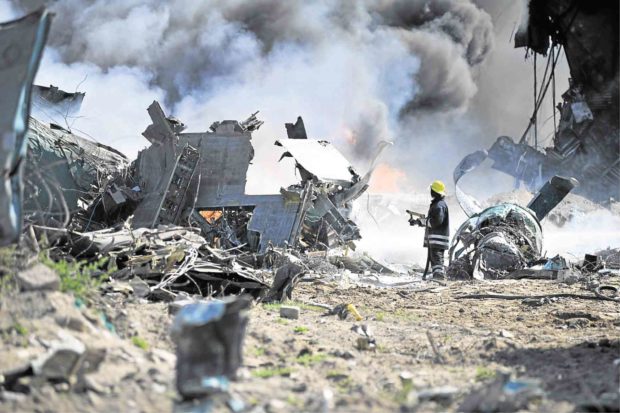Health and safety in construction
A construction site can be one of the most dangerous places to work in.
Whether you’re building a house or a tower, the chance of injury is high due to the numerous tools and materials present onsite. That is why compared to different occupations, people who work in construction have to undergo stringent safety measures. Unfortunately, not all construction sites implement these rules, resulting in horrific accidents in the past few years. The workers are not the only ones at risk when these accidents happen, even the general public are in danger when things go awry.
Though Labor Day is already past, perhaps it is time we consider the state of health and safety in the workplace.
Construction workers, in particular, need to be well-protected due to the risks that come along with their job. Let us take a look at existing laws that exist in construction sites, and consider if these are actually enforced in reality.
Occupational Safety and Health Standards
The Occupational Safety and Health Center (OSHC) is a group established under the Department of Labor and Employment (Dole). It is tasked to handle matters pertaining to safety and health at work. Under this group, the “Occupational Safety and Health Standards” were established in 2017, which details safety regulations for different work environments.
In particular, the standards contained Department Order No. 13 which enumerated guidelines for occupational safety and health in the construction industry.
In the case of the construction industry, several things are required to ensure worker safety.
Construction workers must be oriented, instructed and trained by the construction project manager to assure safe handling of equipment and of disposing waste. All employees must have protective equipment for the eyes, face, feet and all crucial body parts when exposed to hazardous work procedures. A safety officer is required onsite for every ten units of heavy equipment to ensure proper handling.
Emergency health personnel and facilities are expected depending on the number of construction personnel.
The OSHC developed its rules based on consultations with stakeholders in the construction industry and international safety standards.
Its policies are re-assuring, but in reality, are they really being strictly implemented everywhere?
State of construction sites
Nowadays, construction is booming in our country. Left and right, many new structures are being built to accommodate the rising population and expanding businesses. Many of these construction projects implement OSHC’s policies and other provisions from the Labor Code to ensure worker safety.
Unfortunately, there remains some who don’t. These have caused accidents, which count several fatalities and cases of serious injury.
Prior to the compilation of the OSH Standards in 2017, numerous construction-related incidents have been reported.
In 2013, three men were injured after an overhead meshwork structure meant to protect pedestrians on the street gave way. In 2015, two men were killed and 11 more were injured when part of the floor of an ongoing project crumbled and fell. This incident came weeks after another construction accident in Bulacan, where part of a wall fell on 11 people and killed them. The fatalities included a pregnant woman and a 7-year-old child.
Today, there remains several cases of accidents, one of which killed two workers and injured two more due to the collapse of a platform in Manila.
While these incidents were not intentional and cannot be blamed solely on a particular person or entity, they could have been prevented if proper safety measures were fully implemented. Many construction sites,
especially small ones, continue to disregard safety procedures to the detriment of workers.
As per OSHC issuance, violations against workplace health and safety standards would be reported and evaluated by the Philippine Contractors Accreditation Board (PCAB). Any potential hazard found onsite may be used as reason to stop construction work until measures are done to eliminate it. Penalties would be enforced under the R.A. 4566 (Constructors’ Licensing Law).
A need to rigidly enforce safety procedures and health standards exist. While we have learned much from incidents prior to the compilation of the 2017 OSH Standards, companies and construction workers themselves sometimes are the ones who put themselves at risk. Violation reports and threats of stoppage are avoided or disregarded at times, resulting into horrific accidents.
Must we really wait for penalties to be enforced or accidents to happen before we take action?
Sources: Flickr via Pexels; Free-Photos from Pixabay; Skeeze via Pixabay; Occupational Safety and Health Standards (2017) by the Occupational Safety and Health Center; newsinfo.inquirer.net; www.oshc.dole.gov.ph



